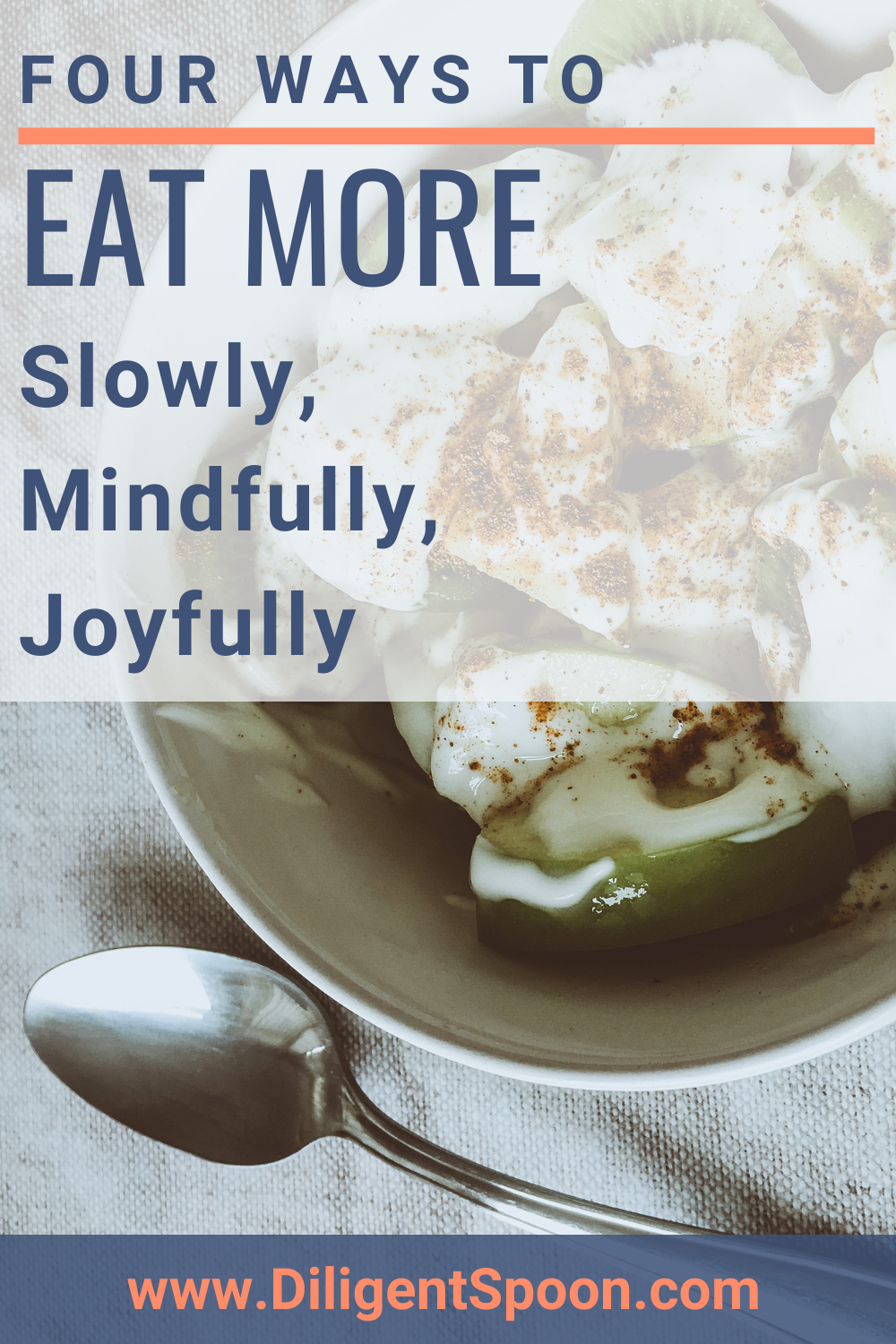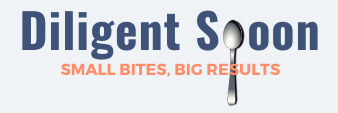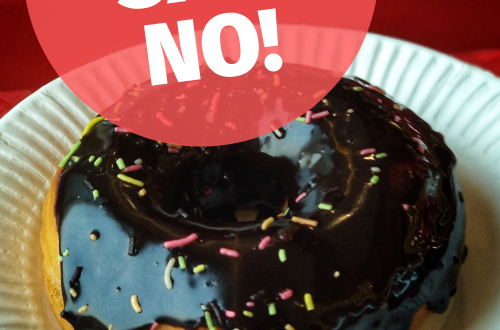
4 Ways to Slower, More Mindful Eating
What I’ve learned from having braces (again).
I’ve been studying food and nutrition for over 20 years, but the last six months of wearing braces on my teeth has taught me some new things. Braces have also reminded me of some key mindsets for successful and joyful eating.
Having adult braces comes with a unique set of challenges (mostly of the self-conscious, embarrassing sort) compared to having braces as a kid or teenager: fear of judgement from others, eating in professional settings, none of your friends are “doing it”, etc. I’ve experienced all of these and more. However, I am surprised at how wearing braces has changed my relationship with food and eating. Overall, these changes have improved the quality of my diet. Luckily, one doesn’t have to get braces to implement one or all of them.
1. Using forks and knives make you eat less
- With braces, certain foods are off-limits, or just too much work to eat. When your food choices are fewer, you will eat less. Sandwiches, most steaks, trail mix, apples, chocolate bars … anything I would bite into or have to chew vigorously presents a challenge. On top of that, if I’m dining in public or with friends, I have to be OK looking like a weirdo eating my burrito with a knife and fork.
- Implications for brace-free eaters: When possible, eat food with a fork and knife. The process of looking at and cutting the food will cause you to think more about what you are eating.
2. Slower, more mindful eating
- This is definitely the highlight – if there is one – of eating with braces. Because I have to cut up most of what I eat and chew it very well, I am forced to slow my eating pace. I find myself looking at my food, cutting it carefully, moving it around in my mouth more, thoroughly chewing (so I don’t choke on it). The end result is that I experience my food fully, taste it completely, and eat it slowly. I end up eating less because 1) eating takes longer (sometimes I just get tired of eating, lol) and 2) my brain knows I’m not hungry anymore before I get through a meal.
- Implications for brace-free eaters: Think of each bite as an experience of textures and flavors. Sometimes, especially when we’re hungry or preoccupied, we eat mindlessly – thinking about the next bite or just finishing the food instead of enjoying and noticing what we are doing – nourishing our bodies. Most of the time, we do have the time to think about what we are eating – the smells, tastes, textures, where it came from. Doing so will not only increase our enjoyment of eating (and life overall), but slow us down, so that we feel full after eating less food.
3. No nuts = fewer calories
- This is one of the worst parts of eating with braces. I am a recovering nut addict – and only “in recovery” because I cannot eat them presently. Pre-braces, my husband and I at pistachios and chatted about our days, every day, after work. I would sprinkle a variety of nuts on my salads – I eat two salads per day. To say I miss nuts is a giant understatement. I can sort of accommodate by eating nut butter, but, alas, it’s not the same.
- Implications: If you are “nuts for nuts”, a super easy way to decrease your caloric intake is to eat fewer nuts. Consider swapping a handful of nuts for a handful of baby carrots, fresh fruit, hard-boiled egg. All of these (and many more options) have way fewer calories than a typical serving of nuts. (<100 cal vs ~170 cal/serving of nuts)
- Note: Nuts are off-limits primarily because they are a hard food, like ice and hard candy. The force of chewing them could sheer off a bracket, which would require yet another not-so-fun trip to the orthodontist to have the bracket replaced.
4. Eat more fat to make up for calorie deficit
- Since certain foods (see No nuts) are off-limits, I’m taking in fewer calories overall, and I’m hungry all the time. To compensate, I am eating more fat – a lot of fat. For example, my yogurt is whole-milk only, chicken skin and animal fat are not only easier to eat but very delicious, guacamole is something I eat with a spoon. Note that these are all healthy, whole food fats – I avoid highly processed fats, like hydrogenated oils, soybean oils, and vegetable oils.
- Implications for brace-free eaters: Increasing healthy fats in your diet has many benefits! Immediate pros are increased satiety (feeling of fullness and satisfaction after eating). Eating healthy fat in combination with avoiding added sugars will also keep your insulin and blood sugar levels stable and give you more sustained energy levels between meals.
Demerit – More wine days
- What can I say? Drinking is easier than eating, and “hanger” makes a glass of wine sound pretty great. I’m having a glass of wine (or two) on more days than usual. I admit that this is not a healthy habit. I am including it here in the spirit of full disclosure and because it is a notable change since the braces went on.
- Implications for brace-free eaters: There is research to indicate that a glass of wine every day can be part of a healthy lifestyle, but I do not advocate adding alcohol to one’s diet. In the long run, wine (or any alcoholic beverage) adds empty calories to one’s diet. Also, drinking more than 1-2 drinks per day has broader, more serious physical and mental health risks (that are thankfully outside of the scope of this blog post).
Takeaways:
- To have a healthy relationship with food, it’s important to be mindful of what you’re eating. Enjoy the tastes and textures, eat slower, and choose foods – especially fats – wisely.
- It’s easy to justify having an alcoholic drink, especially when you’re hungry or stressed. Aim to avoid drinking alcohol during these times; instead, grab a satisfying snack or glass of sparkling water. Save the alcohol for a real celebration or special occasion.
I hope this offered some interesting insights and ideas for thinking about your relationship with food. I’d love to hear your thoughts on mindful eating, slow eating, and treating alcohol as a “sometimes” drink! Stay diligent … 🙂





